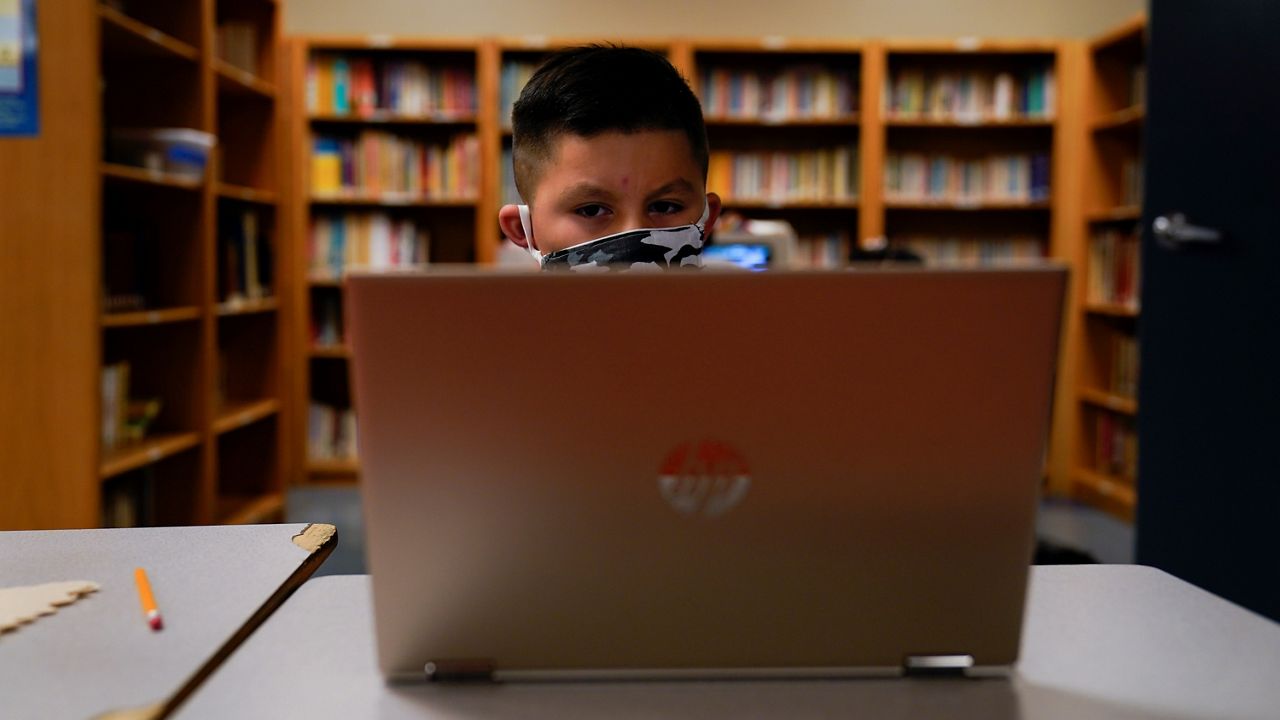A bill that would seek to cut the child poverty rate in half over the next decade through an advisory council and set of goals is heading to Gov. Andrew Cuomo's desk.
State lawmakers last week approved the bill, which would require the creation of the advisory panel to develop a set of policies and their effects on childhood poverty, including racial inequities, along with budgetary and policy recommendations. The bill also requires benchmarks and timelines as well as publicly share data to show the state is on track to meeting the goal.
“Child homelessness, hunger and suffering has been normalized in New York for far too long. This bill will redefine how we measure success and ensure New York prioritizes poor children in the budget process," said Ben Anderson, Director of Poverty and Health Policy at the Children's Defense Fund-New York.
The bill's approval in the final days of the legislative session comes amid heightened concerns over families falling into poverty and as the economic recovery may be uneven for those on the lower end of the income scale. And the problem is a statewide one, potentially made worse by the pandemic.
Prior to the COVID-19 pandemic, the childhood poverty rate in New York was higher than in 32 states, with poverty affecting the lives of one in five children in the state. In Rochester, Buffalo and the Bronx, one in every two children are living in poverty. And a Black child in New York is two times more like to live in poverty than a white child.
The pandemic worsened the situation for many families living on the financial edge. There were 4,200 children that lost a parent or a caregiver to COVID-19, and Black and Hispanic children were more likely to experience that loss than Asian or white children.
In March of this year, 31% of New York adults reported it was difficult to pay for household expenses; 24% found they were behind on rent or their mortgage and eviction within two months was likely.
“New York State has taken a crucial step toward reducing poverty among its youngest residents by passing the Child Poverty Reduction Act,” said Dia Bryant, the interim executive director of The Education Trust - New York. “As the ongoing pandemic continues to take a disproportionate toll on communities of color, who have far greater rates of children experiencing poverty, it is critical that state leaders take on this issue with the greatest of urgency. We owe it to our children, our families, and our communities.”



